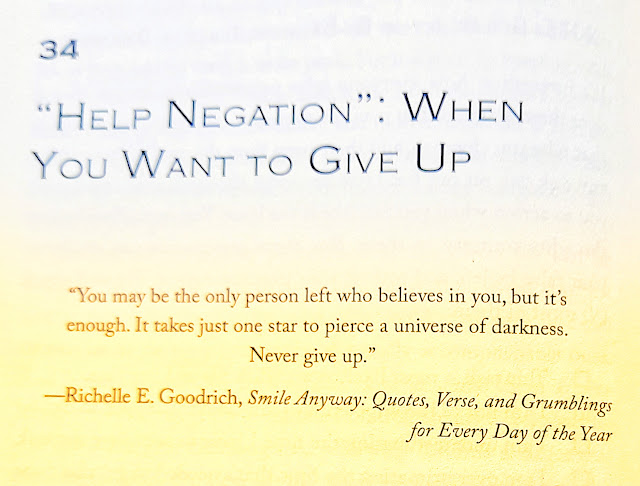A Friend for the Depressed
Book
Title: Why do I feel so
sad?
Author: Dr Shefali Batra
Publisher: Jaico, 2023
Pages: 305
Having gone through extreme depression two times, I
know how painful the state is. You feel you are the most damned fool on the
earth, utterly useless. You curse the day you were born. You long for death.
Worst of all, you don’t trust anyone, not even those who intend to help you
sincerely. I trusted books, however. Weren’t they my friends forever, the only
friends who didn’t ditch me at any time?
Dr Shefali Batra’s book, Why do I feel so sad? Your pathway to healing depression,
is an eminently companionable text that I will recommend to anyone who is going
through depression. The book is divided into five parts. You will get to know
the theoretical and scientific aspects of depression in the first part. The
title of the second part is self-explanatory: ‘Thoughts rule you, but when twisted,
they could fool you.’ The subsequent parts take you on a self-re-creating
journey.
Dr Batra’s approach is firmly founded
on Cognitive Psychology which looks at our beliefs, attitudes, intentions and
other mental processes which determine our behaviour. “We all respond to
events or situations in accordance with what we think and feel about it,”
as the book puts it. Miracle is a change of attitude, as I used to repeat ad
infinitum in my classes. I got that concept from Cognitive Psychology. By the
way, I did a postgraduate course in psychology from Indira Gandhi National Open
University. Cognitive psychology caught my attention the most.
Dr Batra’s book can be an ideal
companion for anyone going through depression. She is a practising psychiatrist
with much experience. Each chapter of her book presents the theoretical
framework illustrating it with examples from her experience before going on to
suggest certain exercises. This is not a book that is to be read; this is to be
practised. Put the exercises into practice if you have depressive moods or
tendencies.
We live in a difficult world in which
approximately 703,000 people opt for death every year. That is, one person
commits suicide every 45 seconds. Dr Batra informs us that the number of people
who attempt suicide is 20 times this number. What may shock us further is the
fact that “suicide ranks as one of the top four causes of death among 15- to
29-year-olds worldwide.”
All these people actually do not want
to die. They want to put an end to their suffering. They wish to put an end to
their feelings of defeat, entrapment, burden, isolation, disconnection… When
the number of people choosing death is so large, the problem is indeed very
acute and deserves close attention. Books like this one are immensely handy.
“Sometimes it’s the smallest decisions that can change your life forever,” as Keri Russell said. I got that and a lot more inspiring quotes from Dr Batra’s book. This book can help anyone to make certain decisions, even if they are not suffering from depression.


Hari Om
ReplyDeleteAs one who's medical practice was fifty percent counselling, I commend and support this book choice! YAM xx
May it help a lot of people.
DeleteIt is indeed a terrible problem. I'm glad the book was worthwhile.
ReplyDeleteGreat insights! I completely agree with your perspective on this topic. Considering counselling for depression is essential when making informed decisions. Looking forward to more valuable content from you!
ReplyDeleteGreat Post! You’ve shared valuable information that’s both informative and engaging. I appreciate the effort put into this post. Keep up the great work.
ReplyDeleteCounselling for Depression
A touching and empathetic piece. Your words beautifully capture the quiet strength of simply being there for someone. True friendship often lies in presence, not advice. Thank you for sharing this.
ReplyDeleteDepression counselling Calgary
Very insightful post! I really enjoyed reading it and learned something new.
ReplyDeleteounselling for Depression
A powerful and heartfelt review. Your personal insight and the way you highlight the book as a true companion—not just a read—makes this deeply impactful and inspiring.
ReplyDeleteIf any problem contact
Name: SERENITY WELLBEING
Address: Ground Floor, D-6, opposite HDFC Bank, Kalachandpara, Kamdahari, Kolkata, West Bengal 700084
Phone number: 097484 17581